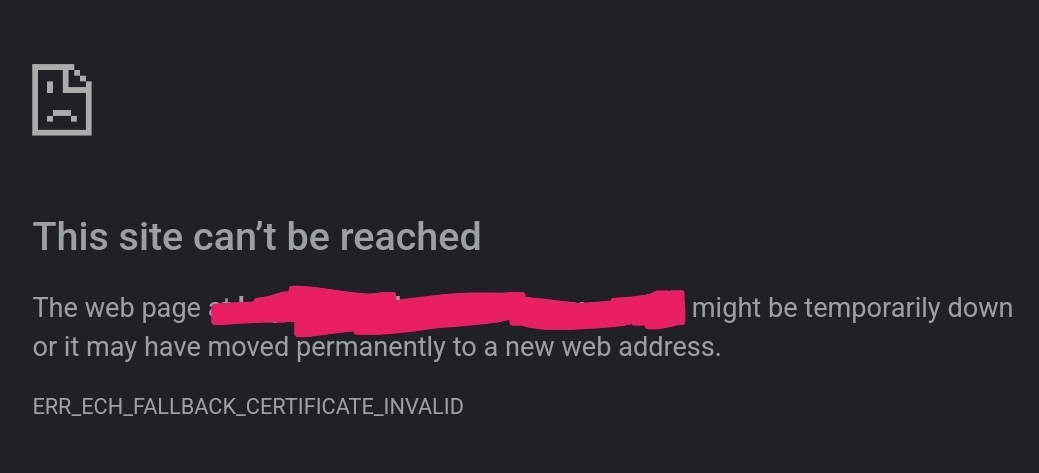view the rest of the comments
Selfhosted
A place to share alternatives to popular online services that can be self-hosted without giving up privacy or locking you into a service you don't control.
Rules:
-
Be civil: we're here to support and learn from one another. Insults won't be tolerated. Flame wars are frowned upon.
-
No spam posting.
-
Posts have to be centered around self-hosting. There are other communities for discussing hardware or home computing. If it's not obvious why your post topic revolves around selfhosting, please include details to make it clear.
-
Don't duplicate the full text of your blog or github here. Just post the link for folks to click.
-
Submission headline should match the article title (don’t cherry-pick information from the title to fit your agenda).
-
No trolling.
Resources:
- selfh.st Newsletter and index of selfhosted software and apps
- awesome-selfhosted software
- awesome-sysadmin resources
- Self-Hosted Podcast from Jupiter Broadcasting
Any issues on the community? Report it using the report flag.
Questions? DM the mods!

 Firefox refuses to show the cert it claims is invalid, and 'accept and continue' just re-loads this error page. Chrome will show the cert; and it's the correct, valid cert from LE.
Firefox refuses to show the cert it claims is invalid, and 'accept and continue' just re-loads this error page. Chrome will show the cert; and it's the correct, valid cert from LE.
Any chance you are both accessing your services locally with a local DNS, and publicly with something like Cloudflare?
I do have external acces to Ombi via cloudflare; but the device I'm seeing this problem on is permanently connected to a VPN hosted from the same server machine as ombi/nginx with 'block all connections without VPN' enabled. And this testing has been done from within the same LAN.
It should never see/reach cloudflare for this service.
/edit; I've also disabled 'use secure DNS' in chrome. I host a local DNS within that lan/vpn network.
Try with nslookup and see if you're resolving the domain to both your local ipv4 address, and the Cloudflare ipv6 at the same time. I am using pihole for my local DNS, and it would give me both my local address, and also the Cloudflare ipv6 address.
Edit
My pihole will ask upstream even if the domain was listed locally. It doesn't ask Upstream for cname.
Crap, looks like that's exactly what it is.
Now how to fix that...